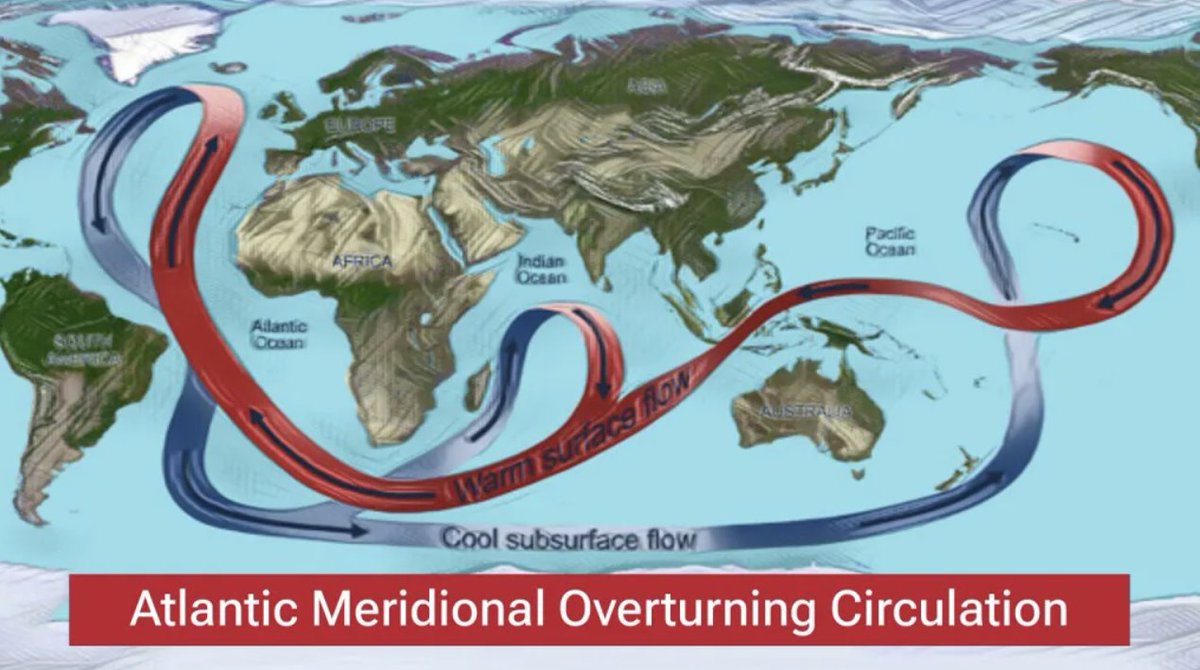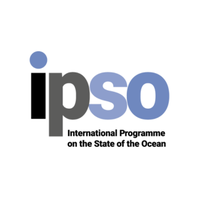
International Programme on the State of the Ocean
@oceanipso
IPSO - Marine science and communications org increasing our collective understanding of the role of the ocean to life on Earth
#OneOceanOnePlanet
ID: 1567903322
http://stateoftheocean.org 04-07-2013 10:33:58
5,5K Tweet
1,1K Followers
487 Following
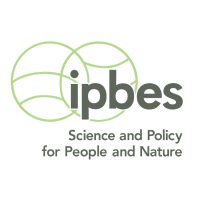

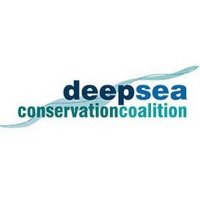

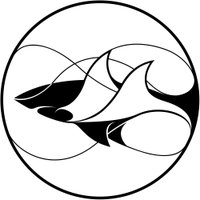

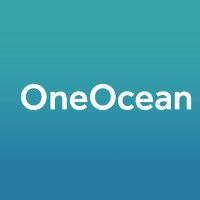
⚠️ All fish, even the most adaptable, are at risk from rising temperatures! UNESCO 🏛️ #Education #Sciences #Culture 🇺🇳 report estimates 10-50% of species will be endangered under the most severe #ClimateChange scenario (4.4°C rise by the end of the century). Read more: downtoearth.org.in/wildlife-biodi…





Unusual white patches on whale sharks' skin reveal they could be highly susceptible to pollutants we discard into the ocean. As whale sharks swim through polluted waters, they can ingest small particles and toxins. Study led by UWA Research Flinders University forbes.com/sites/melissac…


Rapid sea ice loss and ocean acidification are altering the growth and nutritional value of microscopic algae, essential food source for #krill, fish and other small organisms that sustain Antarctic species. Research by Dr (Dr) Rebecca Duncan 🏳️🌈 UTS Unleashed! University of Technology Sydney scimex.org/newsfeed/vanis…




“The health of the ocean is spiralling downwards far more rapidly than we had thought. We are seeing greater change, happening faster, and the effects are more imminent than previously anticipated.” – Professor Alex Rogers, scientific director at the International Programme on the State of the Ocean


Join scientists in calling for urgent protection of deep-sea ecosystems: stateoftheocean.org/seamountsprocl… International Programme on the State of the Ocean

